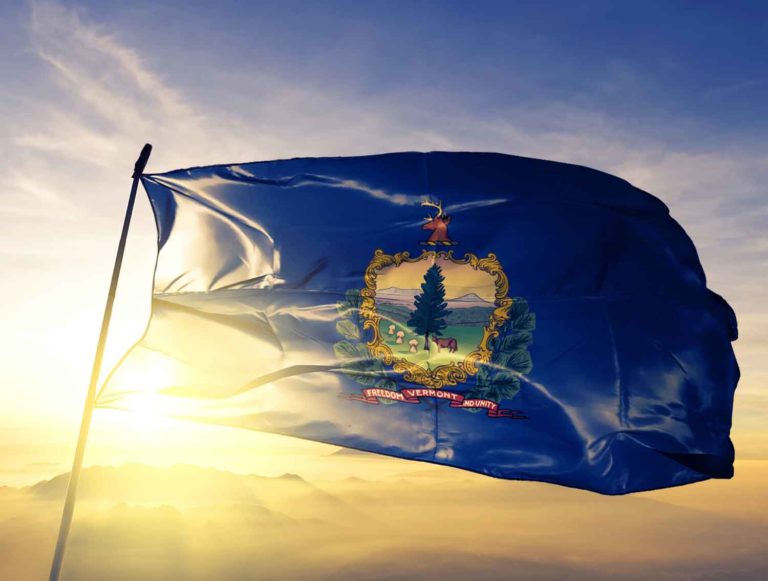
Delta 8. It’s a cannabinoid that has been showing up more and more thanks to its new legal classification. But what is it? Well, Delta 8 is a psychoactive cannabinoid that creates a less potent and more controllable sense of euphoria than marijuana when consumed, as users have reported. In marijuana, the main psychoactive cannabinoid is Delta 9. How is Delta 8 considered to be legal and Delta 9 is a Schedule I drug?
That breaks down in two parts. The first part is on the molecular level. While both Delta 8 and Delta 9 can create the same effect in consumers, one is less potent than the other. That’s because of a difference in double bonds. Delta 8 has a double bond on the 8th carbon chain while Delta 9 has a double bond on the 9th carbon chain. This is how Delta 8 is less potent and more controllable than Delta 9. It’s also how Delta 8 is legal and Delta 9 is not.
Federal Law
Why is Delta 8 legal over Delta 9? In 2018, the USDA created the Farm Bill which separately defined hemp and marijuana from one another, which hadn’t been done since the creation of the Controlled Substances Act in the 1970s. That act said that anything that had to do with the cannabis plant, whether it had psychoactive properties or not, was dangerous and highly addicting to the general public, making cannabis illegal. The Farm Bill is the first piece of law that separated hemp and marijuana and has opened up the hemp industry, which has been booming since the passage of this law. The Farm Bill states:
“The term ‘hemp’ means the plant Cannabis sativa L. and any part of that plant, including the seeds thereof and all derivatives, extracts, cannabinoids, isomers, acids, salts, and salts of isomers, whether growing or not, with a delta9 tetrahydrocannabinol concentration of not more than 0.3 percent on a dry weight basis.”
This means as long as a product contains less than 0.3 percent of Delta 9, itss classified as hemp. It is legal to the general public. t Delta 8 is structurally different from Delta 9. Delta 8 products therefore contain less than 0.3 percent of Delta 9. This makes them hemp products and legal to grow, produce, sell, and consume in the states.
But just because Delta 8 is legal federally, doesn’t mean it is legal in every state. Each state creates their own rules and regulations. It’s how some states have legalized medical marijuana and others haven’t. So, what does Vermont state law say about hemp and Delta 8?
Vermont State Law
Like a majority of states in the country, Vermont has made hemp growth and consumption within the state legal. The state law adopted a version of the definition of hemp, which says:
“‘Hemp products’ or ‘hemp-infused products’ means all products with the federally defined tetrahydrocannabinol concentration level for hemp derived from, or made by, processing hemp plants or plant parts, that are prepared in a form available for commercial sale, including cosmetics, personal care products, food intended for animal or human consumption, cloth, cordage, fiber, fuel, paint, paper, construction materials, plastics, and any product containing one or more hemp-derived cannabinoids, such as cannabidiol.”
As long as a product follows the guidelines set by the Farm Bill, then Delta 8 is legal in Vermont. Remember, laws are always subject to change. Research the rules and regulations in your state before purchasing and consuming any Delta 8 products.
Make sure to check back for more cannabis and hemp related news.